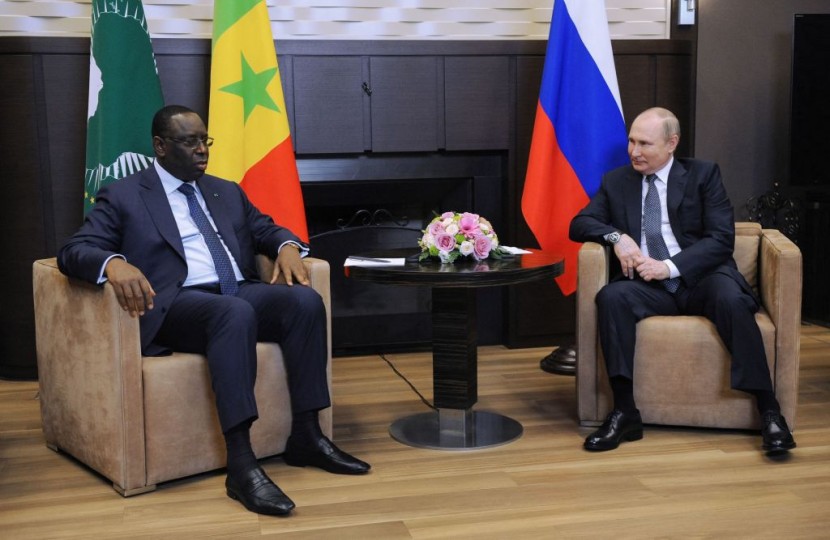
The White House is trying to win over Africa after successful inroads by Beijing and Moscow through diplomatic means to reach the leaders of the African Union.
This is evidenced by the AU, which signified its intent to join BRICS, but Joe Biden is attempting to sway them away; if it can be done.
America's Strategy To Convince Africa
Last Monday, Washington cobbled up a new strategy to win the hearts and minds of Sub-Saharan Africa. Trying to convince Beijing and Moscow to attempt to develop the continent are all doubtful activities, reported RT.
In addition to promoting vaccinations and climate change policy, President Joe Biden aims to convert the AU into a US democracy. It should be emphasized that several nations have not received such statements from the US.
How much the US will spend for its Africa strategy is not set; instead, the Biden administration outlines a general policy for the continent.
Expenditures for turning over Africa to the western side are not stated but included in the $600 billion 'Partnership for Global Infrastructure' plan with G7 partners.
US Gave No Specific Financial Details for Spending in Africa.
Instead, it highlights Washington's more expansive policy objectives for the continent, some of which are also covered by the $600 billion "Partnership for Global Infrastructure" plan unveiled by the G7 leaders in June, noted Azerbaycan 24.
Washington says it will promote everything necessary, including the Biden administration's signature climate policy it still intends to pursue.
The rhetoric of the US is full of buzzwords trying to compete with a Chinese vision of Africa with money and investment, not just an outline or a general plan, citing Mass News.
According to Bloomberg's report from a week ago, trade between China and Africa increased by 35% to $254 billion in 2021. Launching the Belt and Road Initiative with 43 partner countries entails the construction of ports, roads, and infrastructure.
Between 2001 and 2018, the People's Republic of China lent $126 billion to African countries and spent $41 billion on foreign direct investment there.
However, the epidemic that hit in 2020 caused investment to slow down, according to data from the Foreign Policy Research Institute, a US-based organization (FPRI).
According to the FPRI, African leaders are likely to support China's position in UN votes, which the US believes lessens their standing.
Washington wants smaller countries to cooperate with conditions, but China is fostering real relationships and assisting less developed countries in need of a generous donor.
Moscow winning over African republics is called out by the US as unfairly influencing the AU; the loss of support for Ukraine is rankling Washington.
The White House winning over Africa will not be as easy as successful inroads with Beijing and Moscow; conducting trade, food, and energy security is something the recession-fraught US must contend with.
© 2026 HNGN, All rights reserved. Do not reproduce without permission.








